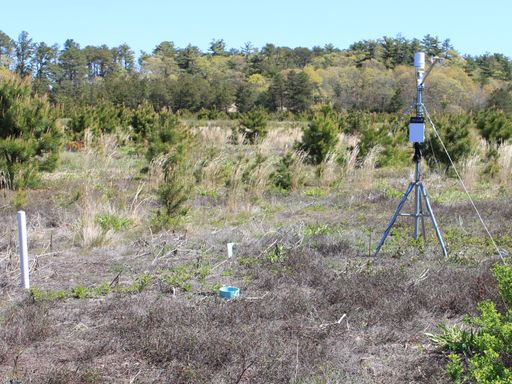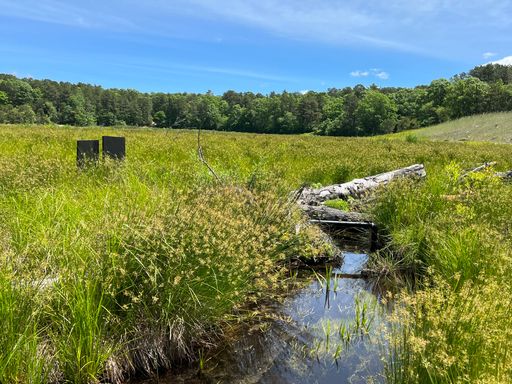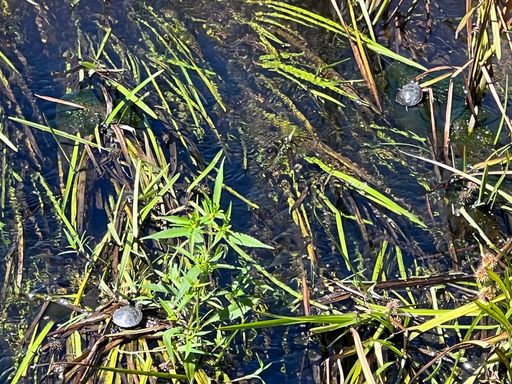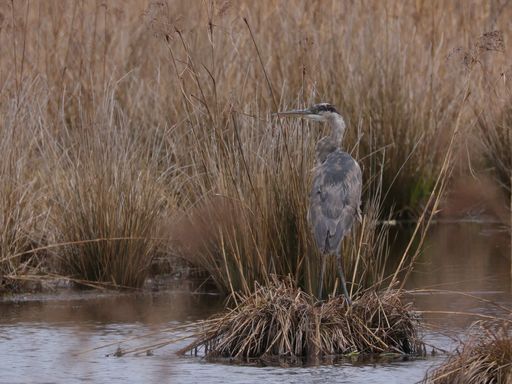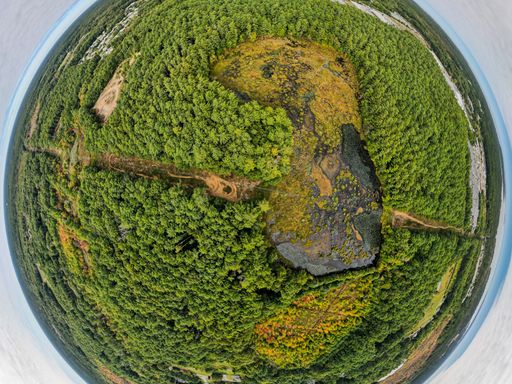Featured Projects
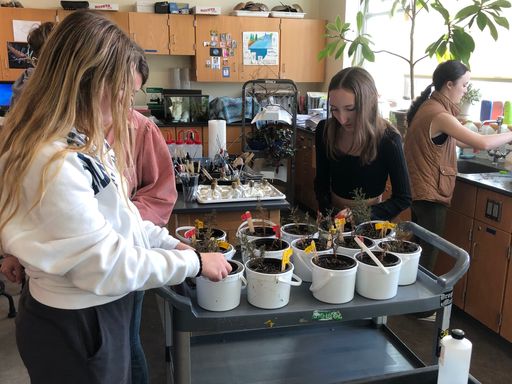
Ms. Conroy's AP Biology class at Plymouth South HS is participating in a reciprocal citizen science study to understand how temperature regime of seed source locations may affect growth of AWC seedings. The project designed by Rob Atkinson, faculty at Christopher Newport College, the project seeks to replace fear of climate change with hope through meaningful engagement in research. In 2023, Ms. Conroy's class planted and is measuring 10 AWC seedlings grown in Virginia and 10 AWC seedlings grown at Living Observatory's Native Plant Nursery. Monitoring will continue in 2024 and beyond.
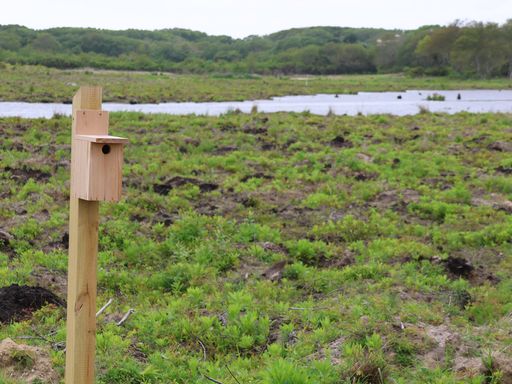
The restoration of Windswept Bog, a retired ~40 acre cranberry farm owned by the Nantucket Conservation Foundation, to functional interconnected wetlands is providing large scale ecological benefits. This project provides opportunities for research, education, and deeper understanding of wetland and upland habitat restoration at former cranberry bog sites. Phase 1 of construction for this project took place in January-March 2024. Phase 2 (the final phase) began in November 2024 and wrapped up in late March 2025. Monitoring to document restoration response is ongoing.

River herring are an important part of our coastal streams, acting as a bridge between the ecology of the ocean and freshwater environments. Volunteers have helped monitor river herring each spring in Beaver Dam Brook since 2018 and Manomet Brook since 2021. Each volunteer spends ten minutes observing any herring moving upstream and also documents any that might be schooling below the count locations, as well as water temperature, air temperature, and weather conditions. This raw count allows the Mass. Division of Marine Fisheries to extrapolate a population estimate, provided there are enough counts and enough fish have been documented.
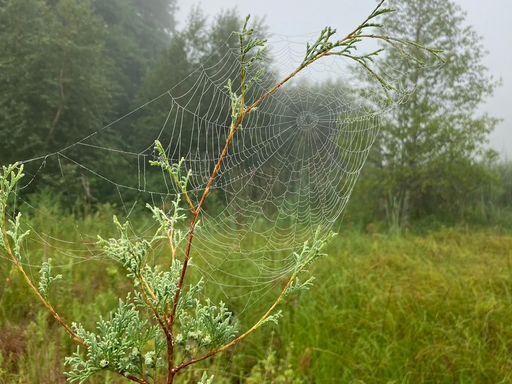
In this project, we share information about raising AWC trees from seed with the goal of providing this species to wetland restoration projects in Southeastern Ma. Updates include best practice for stratifying, germinating, and transplanting, as well as updates about survival and growth rates of young trees once they have been planted.


